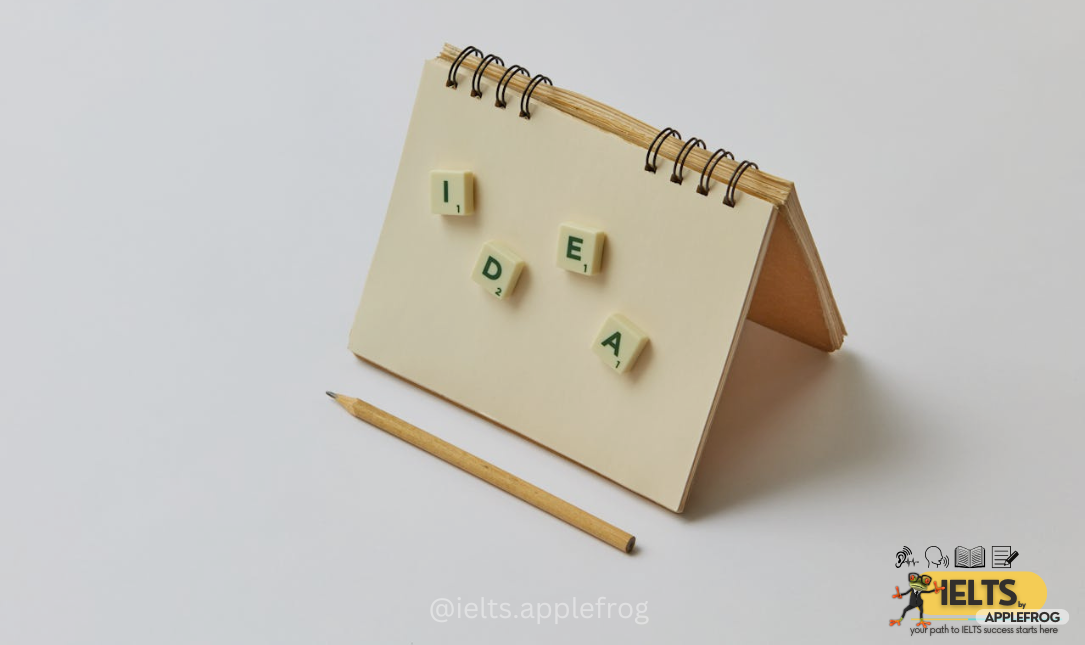
The IELTS Listening test challenges you with various question types, and one key component is the Summary Completion task. Excelling in this section is crucial for boosting your overall band score. Let’s break it down and make it simple for you!
What Are IELTS Summary Completion Questions?
In these questions, you’ll listen to a recording—usually a monologue or a discussion—and fill in the missing words in a summary. These gaps are key details like dates, numbers, or descriptions. It’s commonly found in Section 4, which is often considered the most challenging part. With regular practice and focused listening, you’ll master this skill in no time and this will help you achieve a higher IELTS band score.
Sample Practice: IELTS Summary Completion
Let’s look at a sample practice to understand the task better:
Welcome to today’s talk on wildlife conservation. In recent years, it has become increasingly important to protect our planet’s diverse species, especially those that are endangered. One of the major goals of conservation is to reduce human activities that harm wildlife, such as poaching and habitat destruction. This is often referred to as the exploitation of species. We not only need to focus on saving individual animals but also on protecting entire ecosystems. The challenge lies in the widespread destruction caused by human activities like deforestation, industrial pollution, and climate change. These activities continue to threaten habitats across the world.
Another key aspect of wildlife conservation is the creation of protected areas. These reserves, often set aside by governments or international organizations, provide a safe haven for species to thrive without the direct threat of human interference. However, it is not just about setting up reserves and national parks; education also plays a crucial role. It is essential to raise public awareness about the importance of conservation efforts. Through collaboration between local communities, governments, and environmental groups, we can ensure that wildlife protection remains a priority for years to come.
Questions
Use NO MORE THAN ONE WORD AND/OR A NUMBER from the audio for each answer.
Write your answers next to 1–6 on your answer sheet:
Wildlife conservation is an important issue in today’s world. It is vital to protect the habitats of endangered species and reduce 1 __________. Conservation efforts are not only focused on saving individual animals but also on preserving entire 2 __________. These efforts involve local communities, governments, and international organizations working together. One of the biggest challenges is dealing with 3 __________ caused by human activities such as deforestation and pollution. Conservationists argue that we must create more protected areas, such as 4 __________, to ensure the survival of species. Moreover, educating the public about the importance of wildlife protection is essential for long-term success.
Answers
- exploitation
- ecosystems
- destruction
- reserves
Explanation
- For the first Question : The speaker discusses reducing human activity like poaching or hunting, referring to “exploitation” of animals rather than “extinction” (which is a result of exploitation).
- For the second Question : The speaker talks about preserving habitats of species, which refers to the broader concept of ecosystems rather than individual species or populations.
- For the third Question : Human activities such as deforestation and pollution are causing “destruction” of habitats, which is the most appropriate term.
- For the fourth Question : The speaker mentions creating protected areas like nature reserves, not zoos or parks.
Strategies to Master IELTS Summary Completion Questions
- Always pay attention to how many words you’re allowed to use in your answer. If you write more than the limit, even if your answer is correct, you’ll lose marks.
- Not all questions will have a title, but when one is provided, it can help you figure out the context of the question. This gives you a clearer understanding of what the question is asking.
- The answers will appear in the same order as the questions in the recording. So, make sure you focus on listening in the correct sequence.
- The answers usually appear in the same order as the audio, making it easier to follow along.
- Listen closely and try to predict the correct answer. Sometimes, you’ll be able to guess the exact word, but other times, you’ll just get a sense of the type of word you need.
Tips for IELTS Summary Completion Questions
- Make sure you fully understand the guidelines, especially the word limit for your answers. It’s easy to go over the limit, but that will cost you points.
- You’ll have 30-45 seconds to look at the summary before the audio starts. Take advantage of this time to quickly scan through the summary and get a sense of what’s coming.
- As you read through the summary, underline any keywords that stand out. These are the ones the speaker will likely focus on during the recording.
- Pay attention to the type of word you need—whether it’s a noun, verb, adjective, or adverb. This will guide you in choosing the correct word.
- Try to predict what words might be used based on the context. The speaker often uses synonyms or paraphrases, so being prepared for this will help you stay on track.
Summary Completion tasks can seem tricky, but with practice and strategy, they become manageable. Focus on understanding the meaning of what you hear rather than simply trying to catch every word. Predict answers, underline keywords, and stay calm during the test.












 Here can be your custom HTML or Shortcode
Here can be your custom HTML or Shortcode
0 Comments